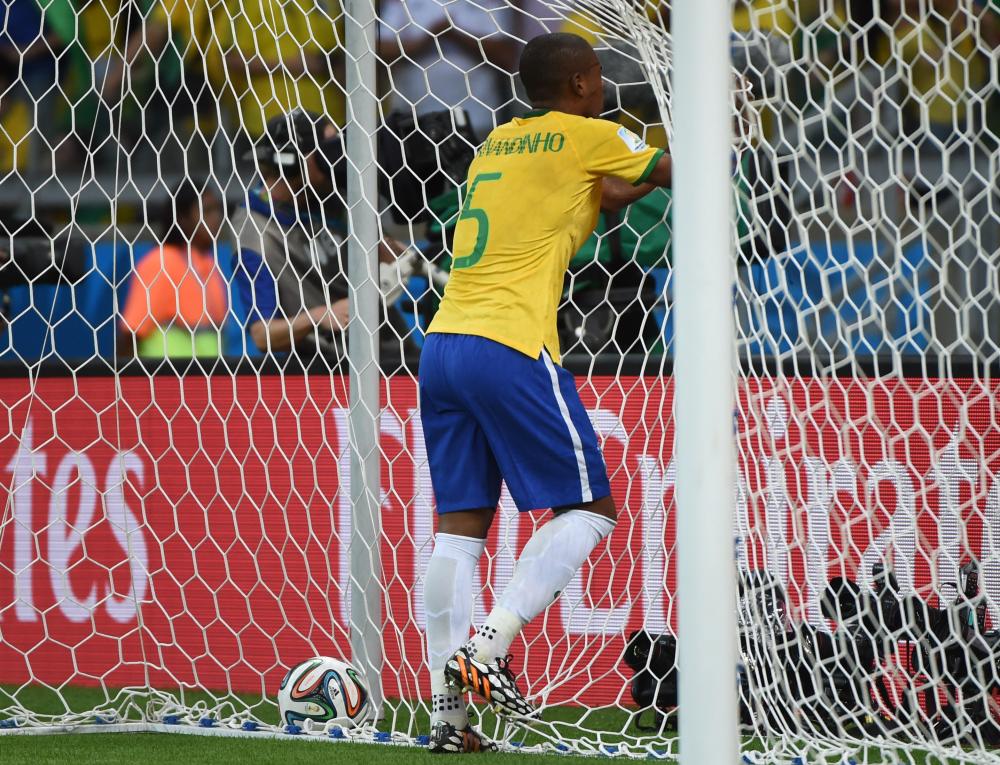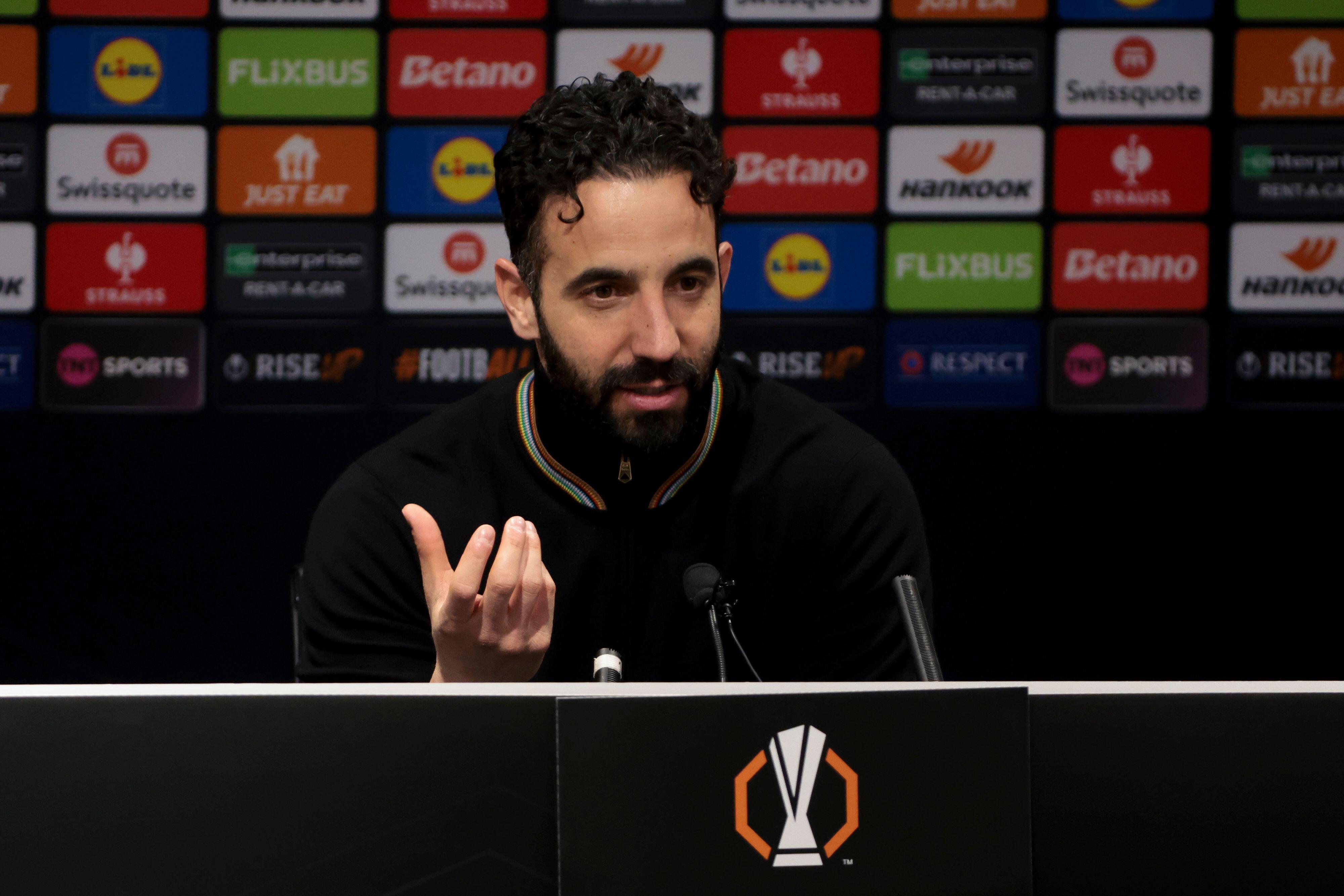Reality kills Brazilian dream on surreal night
Luiz Felipe Scolari and his Brazil players must now brace themselves for days, weeks and months of brutal post-mortem.

The 7-1 capitulation to Germany before a stunned Estadio Mineirao on Tuesday marks staggeringly unchartered territory.
This kind of thing is not supposed to happen in FIFA World Cup semi-finals. It is certainly not the sort of thing a host nation backed by millions should expect to endure. It is unthinkable that it happened to Brazil.
El Selecao's famous yellow shirts have never known such humiliation. Brazil's defeat on home soil to hand Uruguay the 1950 World Cup is widely regarded as the darkest hour for football's spiritual home - this must, surely, surpass it.
That loss prompted Brazil to ditch their then white kits in favour of the now iconic strip. It is perhaps a touch cruel to wonder what colours they might wear on their return to international action.
Before then, Scolari's fallen heroes will see the black and red hoops Germany sported in Belo Horizonte in their nightmares, fizzing past them at blurring intensity.
Joachim Low's team were sensationally ruthless, barring a 20 minute spell in the second half when they eased off and appeared to take pity on their opponents - arguably the most galling aspect of all for Brazil and their supporters.
For those in yellow it felt like a bad dream; for the German contingent it was beyond wildest fantasy. Nothing in Belo Horizonte felt grounded in realism.
Get FourFourTwo Newsletter
The best features, fun and footballing quizzes, straight to your inbox every week.
But paradoxically, it was a night when reality dawned for Brazil. A night when uncomfortable truths buried amid a month of fervent support, spine-tingling national anthems and five matches unbeaten reared their grizzly heads in unison.
Much of the pre-match build-up focused on the injury absence of Neymar - Brazil's golden boy who illuminated the group stages with four goals, suggesting he might be ready to join his country's footballing immortals.
At 22, he still might, but the Barcelona forward will need a better supporting cast.
It feels most un-Brazilian that they missed a rock-solid centre-back more than their star playmaker against Germany.
Thiago Silva's needless booking in the 2-1 quarter-final win over Colombia felt like folly at the time, as a team with obvious flaws faced up to tackling a formidable opponent.
Some risibly shambolic defending from an 11th-minute corner allowed Thomas Muller to open the scoring in a manner that would be hard to imagine on captain Thiago's watch.
David Luiz took the armband in his defensive partner's absence and caved in under wave after wave of German attack. His team-mates followed suit, making keeping their opponents at bay appear even more difficult than keeping count of the scoreline.
Fernandinho's introduction into Scolari's starting XI mid-tournament gave Brazil much-needed drive in midfield, but the Manchester City midfielder erred badly on two goals and flailed beneath the waves as Toni Kroos inspired Germany to glorious heights.
By the second half, the boo-boys settled upon their scapegoat - a shockingly sub-standard Fred. The sight of the Fluminense forward flailing in trying to fill the boots of greats such as Ronaldo was truly sobering.
Scolari went as far as he could with a limited group before being undone by a side seemingly destined for greatness. He is unlikely to hear too much of such conciliatory tones.
It is unfortunate that Germany's utter brilliance takes second billing. Miroslav Klose's strike to become the leading World Cup goalscorer of all time is somehow a footnote.
But Low's men deserve the highest praise for seeing through Brazil's status and reputation - South American colleagues Chile and Colombia were undone by failing to do so in previous rounds - and paving the way for a Sunday night in the Maracana when they can their own headlines and history.
